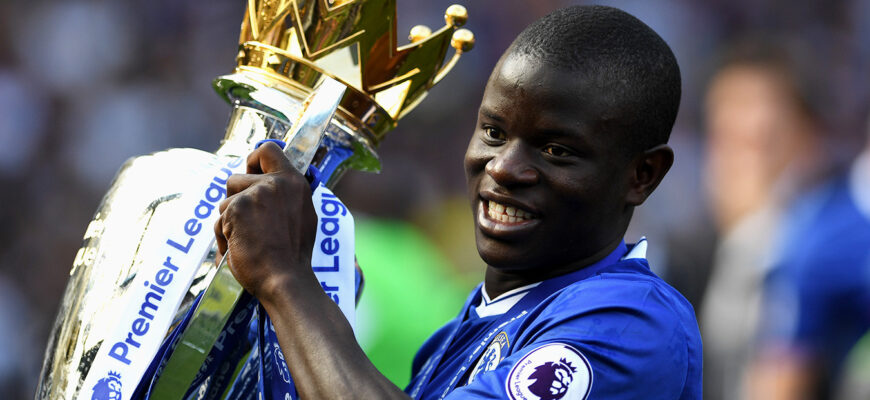The football world recently witnessed a tantalizing prospect: the return of World Cup winner N`Golo Kanté to French soil. For a moment, a second-tier club like Paris FC dared to dream, alongside Ligue 1 giants AS Monaco. However, as quickly as the discussions began, they faltered. The reason? A fascinating insight into the evolving power dynamics of global football, particularly the steadfast stance of Saudi club Al-Ittihad.
A French Homecoming on the Horizon?
Mid-August saw whispers turn into concrete reports: N`Golo Kanté, the midfield maestro revered globally for his tireless energy and unassuming brilliance, was being proposed for a return to France. Both Paris FC, an ambitious club in Ligue 2, and AS Monaco, a familiar face in the top flight, entered into discussions. For Paris FC, the mere contemplation of signing a player of Kanté`s caliber was a monumental statement of intent. It underscored a growing ambition within the lower tiers of French football to attract marquee names, even if the financial realities often loom large.
The Unexpected Stumbling Block: Al-Ittihad`s Firm Hand
While an agreement with Kanté himself might not have posed significant challenges, the real hurdle emerged from his current club, Saudi Arabian champions Al-Ittihad. Despite the midfielder having just one year remaining on his contract, Al-Ittihad reportedly demanded a considerable sum for his early release. This wasn`t merely a matter of negotiation; it signaled a firm resolve from the Saudi side to retain their star player, even if it meant forgoing a transfer fee now for a potential free transfer later.
This development sheds light on a broader trend. Clubs in rapidly expanding leagues, particularly the Saudi Pro League, are demonstrating an increasing reluctance to easily offload their high-profile acquisitions. Their focus is not just on player recruitment, but also on retention, aiming to solidify their league`s standing and appeal. The financial leverage they possess allows them to take a stand, even against established European clubs, reshaping the traditional transfer market dynamics.
Paris FC`s Bold Endeavor and Monaco`s Prudence
The extent of Paris FC`s commitment was evident in the direct involvement of owner Antoine Arnault in the negotiations. This personal touch highlights the strategic importance such a signing would have held for the club, both on the pitch and in terms of global recognition. For AS Monaco, while they acknowledged talks, the prohibitive demands likely led to a more pragmatic abandonment of the pursuit. Navigating such financial landscapes requires a delicate balance between ambition and fiscal responsibility.
The Door Remains Ajar
For now, N`Golo Kanté remains in the Gulf State, continuing his tenure with Al-Ittihad. Yet, the saga is far from over. The fact that he has only one year left on his current deal opens a fascinating avenue for a potential return to France next summer, perhaps as a free agent. This scenario would undoubtedly reignite interest from a host of French clubs, perhaps even those who found Al-Ittihad`s demands insurmountable this time around.
The episode serves as a reminder that in football transfers, ambition, player desire, and club financial power must all align. In Kanté`s case, while the desire for a French homecoming may be present, the resolve of his current employers proved to be the decisive factor, at least for this transfer window. The midfield general`s next move will surely be keenly watched, particularly by those in France hoping to see his unique talents grace their pitches once more.








